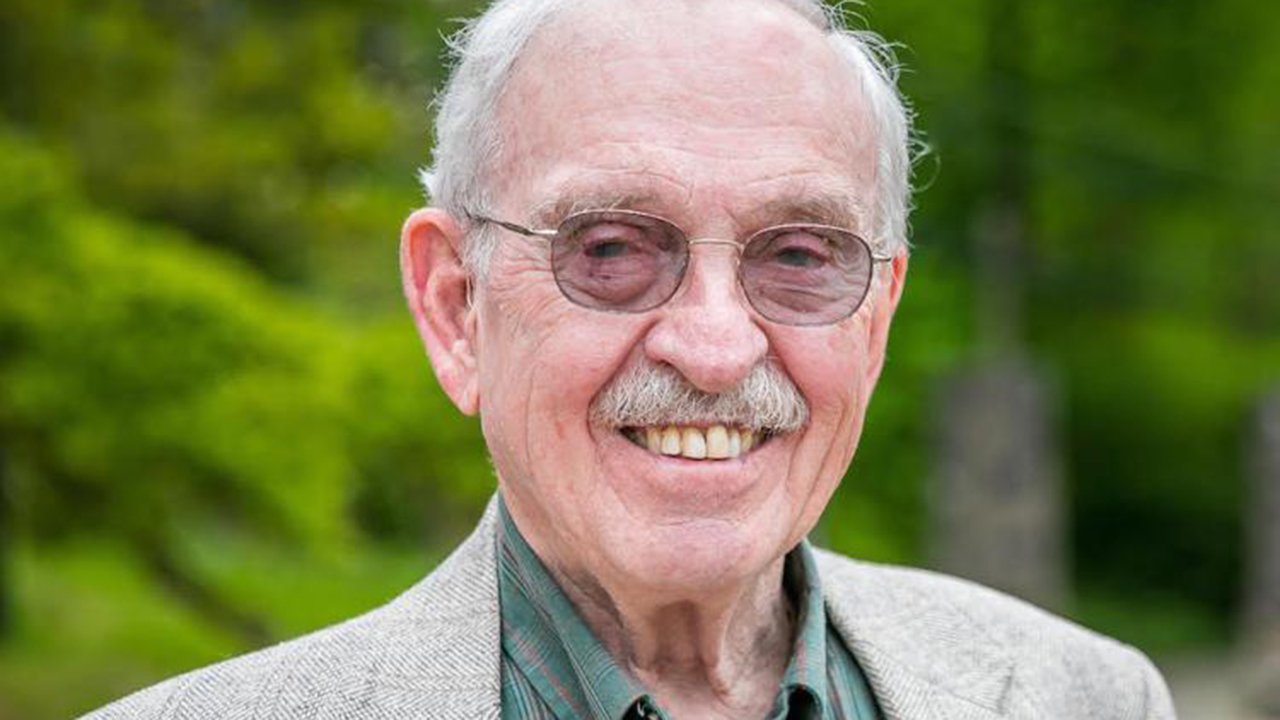The Controversy, Part 2
Listen Now
Our Guests
-
Until recently, Dr. Layton Friesen was the Conference Pastor of the Evangelical Mennonite Conference (EMC). He is now the Academic Dean at Steinbach Bible College and is the author of Secular Violence and the Theo-Drama of Peace.
-
Betty is a Conflict, Change, and Leadership Specialist at Credence and Co., with over 28 years of experience as a coach, mediator, trainer, facilitator, consultant and writer. Betty specializes in working with complex challenges, supporting leaders and their organizations to be at their best. Betty’s capacity to care deeply, listen well, and provide wise and thoughtful support allows her to help her clients engage in tough, meaningful, and important conversations, set directions, and achieve positive organizational change. Betty’s PhD (Free University Amsterdam) considers the intersection between conflict transformation and contemplative spirituality. Find Dr. Betty Pries online at www.credenceandco.com.
-
Dr. Ronald J. Sider was the founder and President Emeritus of Evangelicals for Social Action and was the Distinguished Professor of Theology, Holistic Ministry and Public Policy at Palmer Theological Seminary. He was the author of numerous books, including the Early Church on Killing and the bestselling book Rich Christians in an Age of Hunger. We interviewed Dr. Ronald Sider a few months before his passing in 2022.
-
Brian Zahnd is the founding pastor of Word of Life Church in St. Joseph, Missouri, and the author of ten books. His most recent book is “When Everything’s on Fire.”
-
Terry Hiebert is the Interim President at Steinbach Bible College.
Terry enjoys teaching theology, ethics, philosophy, and history. He believes that learning is more than just memorizing information or taking notes in class. Rather, the goal of teaching involves students actively engaging in loving God with their minds and hearts. He finds joy in mentoring students and young ministry leaders in pursuing God’s calling in life and ministry. In years as a ministry leader, he has desired a God’s presence for renewing persons and churches.
Links and Resources
Books
The Space Between Us, by Dr. Betty Pries
When Everything’s On Fire, by Brian Zahnd
Secular Nonviolence and the Theo-Drama of Peace, by Layton Friesen
The Early Church on Killing, by Ronald J. Sider
Rich Christians in an Age of Hunger, by Ronald J. Sider
Nonviolent Action: What Christian Ethics Demands, but Most Christians Have Never Really Tried, by Ronald J. Sider
If Jesus is Lord, by Ronald J. Sider
Organizations
Conrad Grebel University College
Evangelicals for Social Action
Music
First Communion, Dane Joneshill
(Spotify | YouTube Music)
Psalm 37, Poor Bishop Hooper
(Spotify | YouTube Music)
Editor’s Note
The study Sider refers to is Why Civil Resistance Works: The Strategic Logic of Nonviolent Conflict by Erica Chenoweth and Maria J. Stephan, Columbia University Press, New York, 2011. They state, “The most striking finding is that between 1900 and 2006, nonviolent resistance campaigns were nearly twice as likely to achieve full or partial success as their violent counterparts” (p. 7). See Why nonviolent resistance beats violent force in effecting social, political change – Harvard Gazette for an interview with Chenoweth.
Notable Quotes
Why is loving our enemies so hard?
“In the gospels that we have this passage - what's the greatest commandment, to love the Lord your God with all your heart, soul, mind, and strength, and to love your neighbour as yourself. If you look at the grammatical construction of this passage, it is to love your neighbour as though the neighbour is oneself, and to love God, is to love one's neighbour as if the neighbour is oneself. These three - love for God, love for neighbour, love for self - it is one love. We can't pick and choose; if you want to do one and not the other two it's not going to work.” ~Dr. Betty Pries
“In Christ, instead of the world being organized around an axis of power enforced by violence, Christ gives us the alternative in his cross, which is the axis of love expressed in forgiveness that re-founds the world. But it means that suddenly we have to rethink everything that we've ever assumed about how society is to be organized, and that's a very demanding call. So, it's hard.” Brian Zahnd
“It's really fascinating to go through church history and see all the multiple ways in which the church has sort of dodged this, has evaded this from one side or another. You look at the time of Constantine, you look at the Middle Ages when this was sort of allocated to the elite - the monks and the nuns and the priests, those were the people who were still called to obey this, the rest of the society couldn't. I think even our secular age where we've kind of watered this down and we've reduced it to bullying or antidiscrimination or whatever and we’ve said, you can do this with some good education and some good psychology and whatever; you can become a nonviolent person. I mean, that's a reduction of Jesus's message, really, it's cutting off everything to do with his relationship to the Father, everything to do with the Holy Spirit and just saying you know, with some good moral reform, you can become a nonviolent person.” ~Dr. Layton Friesen
“We need to keep this very difficult ethic in mind, we need to keep it before us, even if we can't obey it, even if it seems impossible and that's a challenge because we only want commands we can obey. It’s really the gut human instinct is to say, “if I can’t reach this on my own power, then clearly we need to get a different set of rules,” and that's just not how this works. Jesus is a really tough fit in the kingdom of this world, and we're always going to struggle with this. But I think we have to keep struggling with it because Jesus leads us on and he empowers us bit by bit in learning how to do this by the power of the Holy Spirit.” ~Dr. Layton Friesen
“At a personal human level, it's not instinctively what we do. We instinctively resist, fight back protect ourselves, it's not the normal human emotion that comes out. But beyond that you only have to take a fairly quick look through history or look at just the newspapers today and you see that bullies do awful things.” ~Dr. Ronald J. Sider
“In fact, a couple of scholars did a study, it was published a few years ago, and they compared over 300 instances of violent and nonviolent resistance to evil and attempts to work for justice, and they discovered that the nonviolent campaigns were about twice as likely to succeed as the violent campaigns, so there is an alternative to violence, but it's costly.” ~Dr. Ronald J. Sider
“One of the things that struck me as we had the opportunity to listen to these various guests speak about this, is the fact that an issue like nonviolence, an issue like learning to love our enemies, can't be something that we simply make a decision on in a moment and then it's changed for us. It's actually a part of a redemptive transformational journey that we're called to go on it as a church. It's not intuitive or easy, but it is a step-by-step thing that we're called to grow in as we live our Christian lives.” ~Jesse Penner
“I prefer not to use nonresistance. It's been a very good Anabaptist word over the years and it was used a lot in previous generations, but I find that non resistance has too much misunderstanding. Exactly what I was saying, “do not resist the evildoer.” Years ago, that that would have given the impression that you don't resist, you just kind of turn the other way or you avoid or you run away or you do something like that, but I found that I liked what Stassen talks about, he says “it's do not resist the evil doer by evil means.” And so that resistance is still something we need to do. We should be resisting evil, “put on the full armor of God,” all that kind of stuff, but it's not by evil means.” ~Dr. Terry Hiebert





